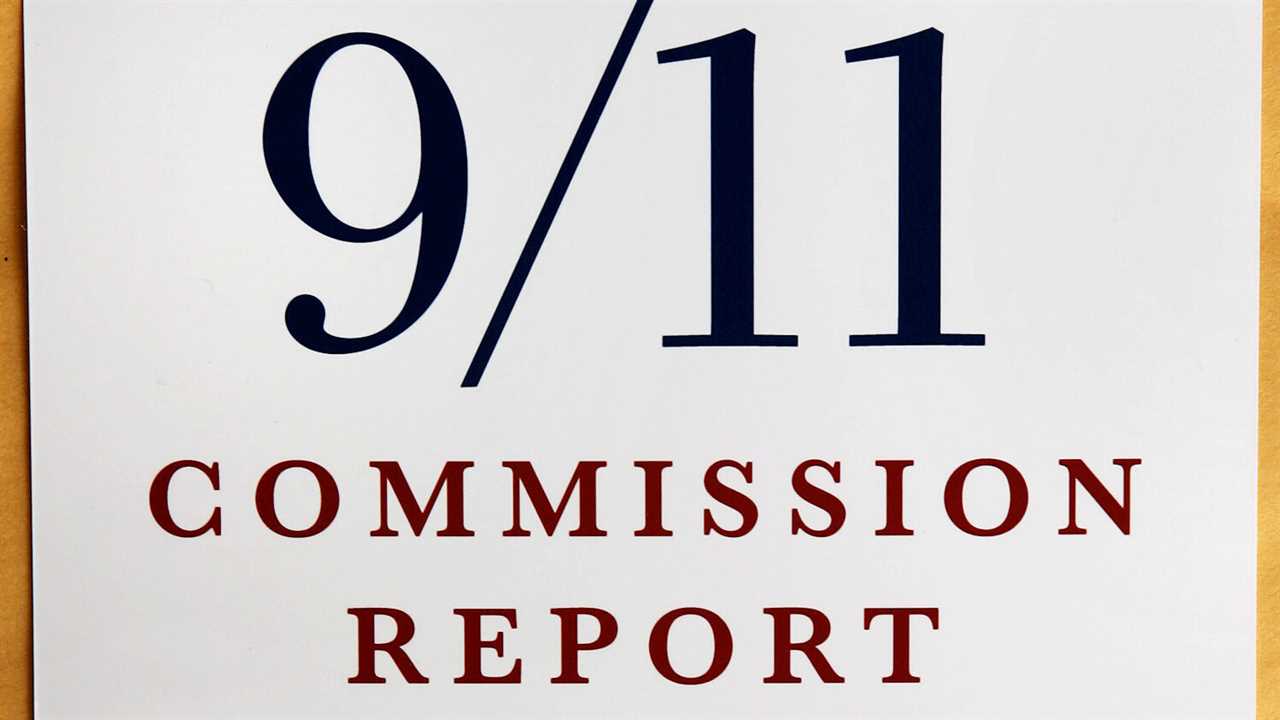
Former President Donald Trump was acquitted on Saturday of inciting insurrection, after most Senate Republicans decided against convicting him. But not everyone is ready to turn the page just yet on the riot at the Capitol on Jan. 6.
Support is growing in Washington for creating a commission to investigate the violent attack, and the events leading up to it.
Any such inquiry — which would be similar to the federal commission that was set up after Sept. 11, 2001 — would almost certainly turn some of its attention to Trump’s role in inciting the attack. But it would also look more broadly at the administrative failures by federal and local law enforcement agencies, as well as the House and Senate sergeants-at-arms.
Speaker Nancy Pelosi wrote a letter to her colleagues yesterday saying that the House would consider legislation to form a commission. And President Biden’s press secretary, Jen Psaki, said today that he “would support” creating such an entity, though she noted that it was ultimately Congress’s prerogative.
“He backs efforts to shed additional light on the facts, to ensure something like that never happens again,” Psaki said.
Representative Katherine Clark, the assistant speaker of the House, told Politico today that she expected to see “bipartisan support” for the commission. “Americans understand what is at stake here, and this is the next step to getting to truth and accountability,” she said.
Is Clark right that there will be bipartisan interest in a federal inquiry? Maybe. Forty-three of the Senate’s 50 Republicans voted on Saturday to acquit Trump — denying Democrats the two-thirds majority that they needed to convict him — but there were mixed emotions, even among those who voted against holding him to account.
In a whiplash-inducing speech on the Senate floor, immediately after voting to acquit Trump, Senator Mitch McConnell, the Republican leader, issued a scathing condemnation of the former president. He said there was “no question — none — that President Trump is practically and morally responsible for provoking the events” of Jan. 6.
Like many Senate Republicans, McConnell would be happy if Trump never regained his place in the Republican Party elite — but with a wide majority of G.O.P. voters continuing to support the former president, purging Trump without alienating the party’s base would require some high-wire political acrobatics.
And late Tuesday afternoon, Trump fired a blistering attack at McConnell, issuing a long statement filled with insults — at one point, he called the minority leader a “dour, sullen and unsmiling political hack” — that urged Senate Republicans to find a new leader.
For McConnell and other Republicans who want Trump gone, a commission to investigate the riot might be a broad and nonaccusatory way to get the ball rolling on a process that could result in an official reckoning with Trump’s role in the events of Jan. 6.
Senator Lindsey Graham, a longtime defender of Trump who voted on Saturday to acquit him, said on Fox News the next day that he would support a congressional inquiry. “We need a 9/11 commission to find out what happened and make sure it never happens again, and I want to make sure that the Capitol footprint can be better defended next time,” Graham said.






